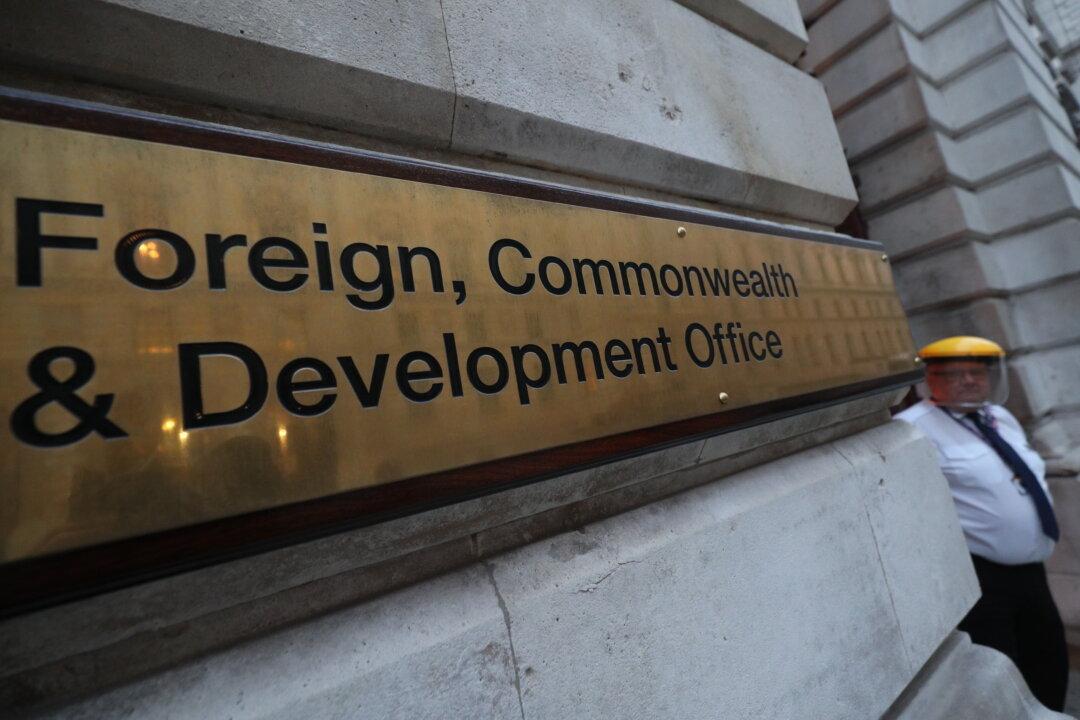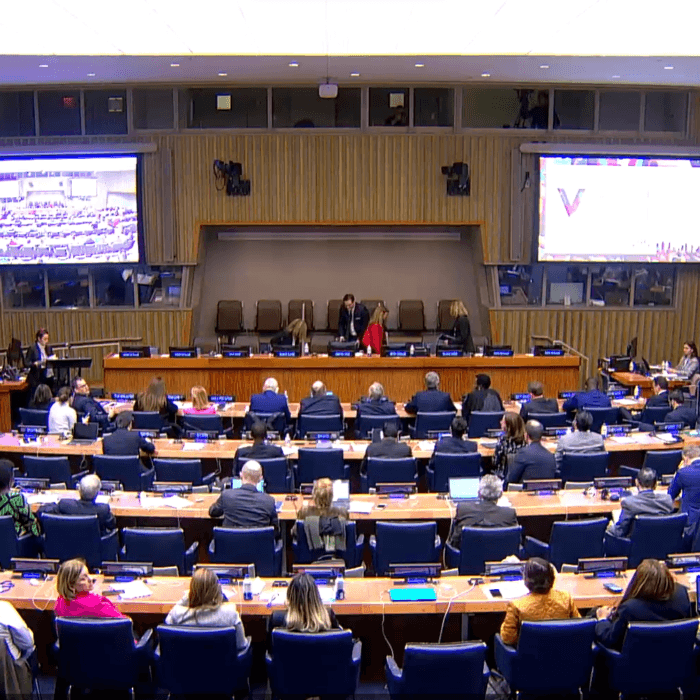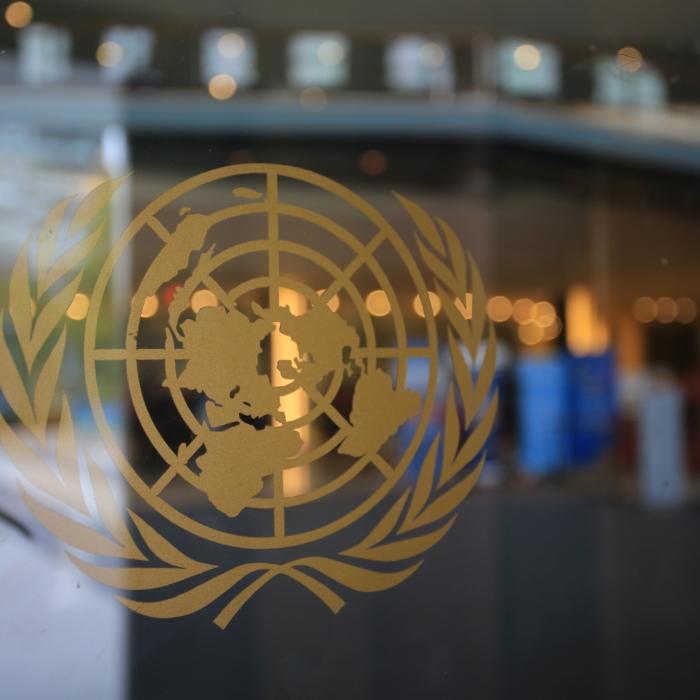A veteran government adviser on humanitarian emergencies has asserted that it is trade, not foreign aid, that has effectively lifted billions out of poverty, as he criticised the UK signing up to a controversial United Nations-led “degrowth” strategy aimed at reducing production and consumption.
Dr. Gilbert Greenall, a medic, army officer, and senior adviser to both the British government and the U.N. on humanitarian issues, told The Epoch Times that trade is paramount to the rapid economic development of the Global South as well as to ward off the Chinese usurping of African infrastructure.
Dr. Greenall, who has four decades of experience in humanitarian disaster response, said that “moving a billion people out of poverty over the last 24 years has been [down to] trade not development.”
However he said the massive urbanisation of populations in the last 50 years has meant that countries are totally dependent on electricity, and yet “that’s totally ignored parts of the NGO and the U.N. world.”
Earlier this month, former Prime Minister and now Foreign Secretary Lord Cameron said that he wanted to help “unlock billions” to “accelerate” U.N. Sustainable Development Goals (SDGs) by 2030.
This means he wants new sources of finance to respond internationally to U.N. efforts on climate change, biodiversity, and inclusion.
Some of the U.N. literature supporting SDGs calls for the equitable reduction in the scale of production. The language used reflects “degrowth,” a formerly radical theory that focuses on shrinking economies in order to use less of the world’s resources.
Trade
Pressed on what he thought about degrowth, Dr. Greenall told The Epoch Times that “cheap energy is a source of most of our prosperity and once you have very expensive energy, you start to challenge that.”He said that foreign aid should lead with trade instead of degrowth.
“All aid needs to be very well considered, because aid is pernicious, it can destroy people’s lives as well save them,” he added.
For example, he said that the impact of large-scale food aid deliveries in regions like Somalia is nothing short of “disastrous” for local farmers, middlemen, and merchants.
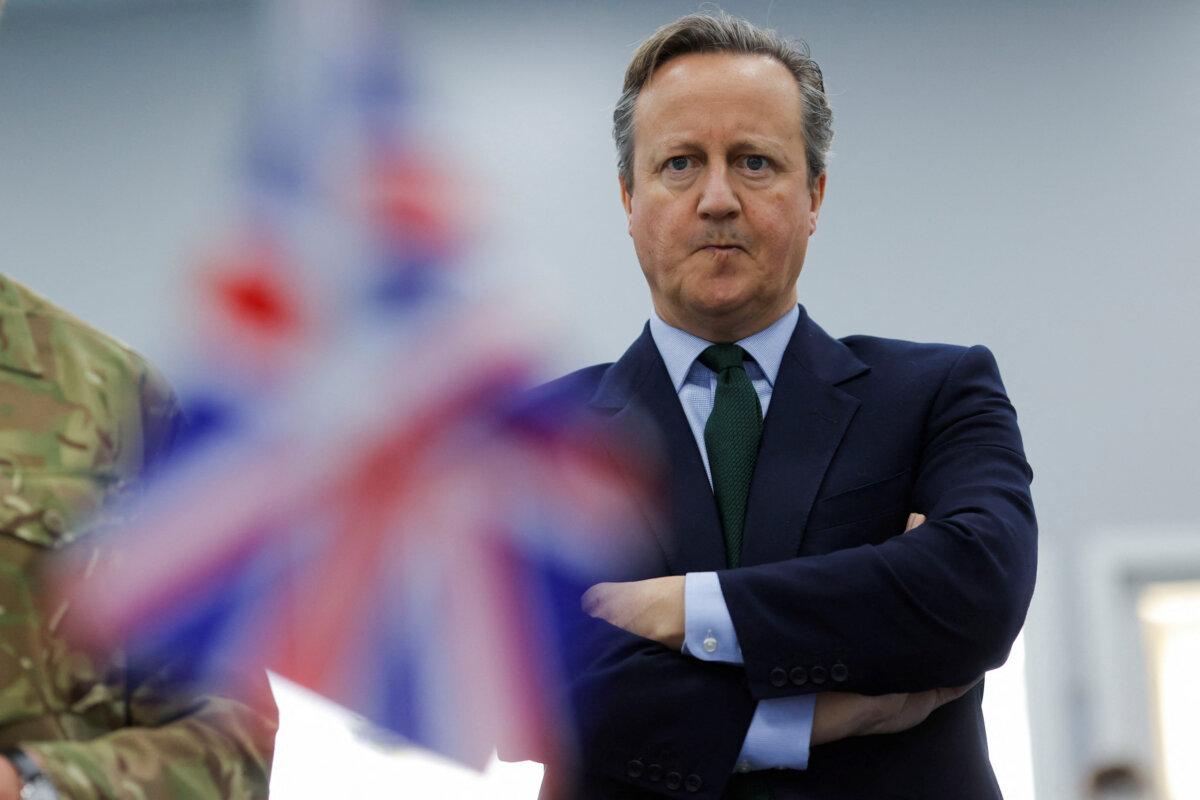
He first volunteered with Christian Outreach on the Thai–Cambodia border during Pol Pot’s eviction in 1979. He has worked on many projects for the U.N.’s Disaster Assessment and Coordination Missions in countries such as Pakistan, China, Albania, Kosovo, and East Timor.
He said that when he was in Sierra Leone in 2001, he noticed that the African country had a large amount of mineral exports, but the port of Freetown didn’t have a single crane, had a low-power generating power station, and no forklift trucks.
“How can a country—even if it could export its wares—if the port doesn’t work, how can the country become rich?” he said.
“The Chinese saw this gap that we weren’t spending money on infrastructure in developing countries. And immediately got in there with some very mixed results,” he said.
“And it’s such a pity because you need the roads and the ports and the power stations to be able to trade internationally. And they were very quick to see that,” he said.
“I would love to see in the poorest of our Commonwealth countries, that we help them look after their infrastructure and develop it in these critical areas,” he said.
He added that many people are “small ‘c’ conservatives” and don’t believe that “grandiose” aid spending is the right thing for 2024.
“Highly thought through discrete projects are better than great fanfare projects,” he said, adding that there’s a huge amount of waste and that it’s very difficult to monitor multi-million-dollar projects.
He said that now he supports the provision of electricity and water in most humanitarian emergencies.
He added that as the world becomes increasingly urbanised the role of “humanitarian” infrastructure repair becomes very important, yet he said that the U.N. and NGOs don’t do this. Only the International Committee of the Red Cross has seen it as a valid role.
“It is probably that the type of person who goes into humanitarianism wants to give out tent blankets and water containers and it involves technology they don’t understand,” he said.
“The delivery from the utilities is unseen—often very useful from a political point of view and even better if the domestic teams are supported—spares, wages—can be done by local utility companies,” he said.
Dr. Greenall said that many involved in NGOs or the U.N. are not technical people with engineering or science degrees. “And therefore when you ask about a power station, they look in absolute amazement,” he added.
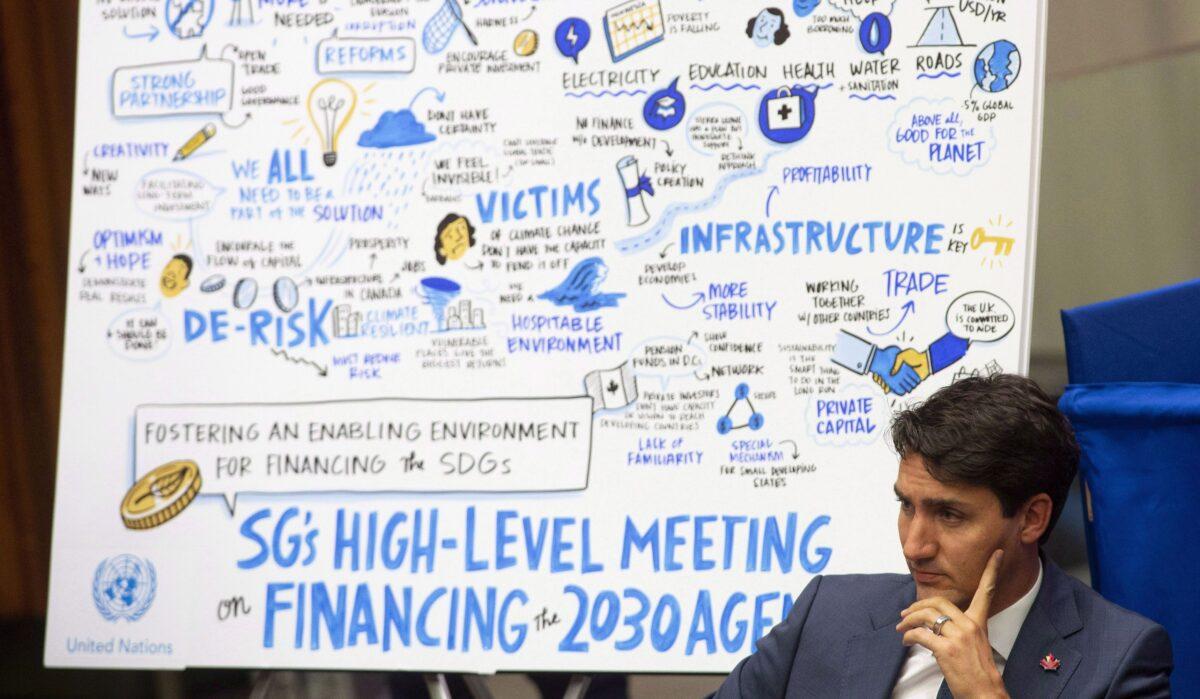
Agenda 2030
The 2030 Agenda for Sustainable Development, adopted by all U.N. member states in 2015, provides a “shared blueprint for peace and prosperity for people and the planet, now and into the future.” Its 17 SDGs focus on goals such as ending hunger and gender equality to enable those “left behind” to “achieve their full human potential.”The UK is seen as one of the leaders in securing the commitment to “leave no-one behind.”
In November, the Foreign, Commonwealth and Development Office (FCDO) released a white paper stating that “SDGs give us the possibility of great global progress. But the scale of the challenges means we have to go beyond traditional ideas of aid.”
This includes a $60 million loan programme with Nigeria’s largest commercial bank, which the UK government said will directly contribute towards SDG 8, which calls for “economic growth,” but only if it is “inclusive and sustainable.”
‘A New Standard of Social Behavior’
Goal 7 is about “ensuring access to clean and affordable energy,” with calls to move away from fossil fuels such as coal, oil, or gas and increasing investments in renewable energy.It added that “taxation of non-sustainable goods and services becomes an incentive to change” and that “society and government need to be aware and to propose this new standard, which celebrates life in its fullness, not allowing economic interests to speak louder than human and nature values.”
It is unclear how this will translate into the U.N.’s goals.
‘Ideology Far Too High on the Agenda’
“We have put ideology far too high on the agenda,” Ben Habib, deputy leader of third-largest political party Reform UK, told The Epoch Times.“What these countries need more than anything—and bear in mind I’m half Pakistani—is the trade, not aid,” he said.
In July, the FCDO said the UK–Pakistan development partnership has a new approach that goes “beyond aid” and which will “reinvigorate progress towards the SDGs.” For example, that will enable Pakistan quicker access “to climate finance, for adaptation and transition to net zero.”
Mr. Habib said that Pakistan is a geopolitically important area but all “we’ve ever done is give aid to Pakistan.”
Meanwhile, China “provides investment, lends money, and trades with them.”
“And what we do is, if we are prepared to trade, we hitch a whole load of other regulatory requirements including, in my view, the false pursuit of democracy, often before we trade with these people so that we can condemn them almost to penury because they can’t meet the ideological aims that we link in the preparedness for trade,” he added.
The U.N. did not respond to The Epoch Times’ request for comment.
